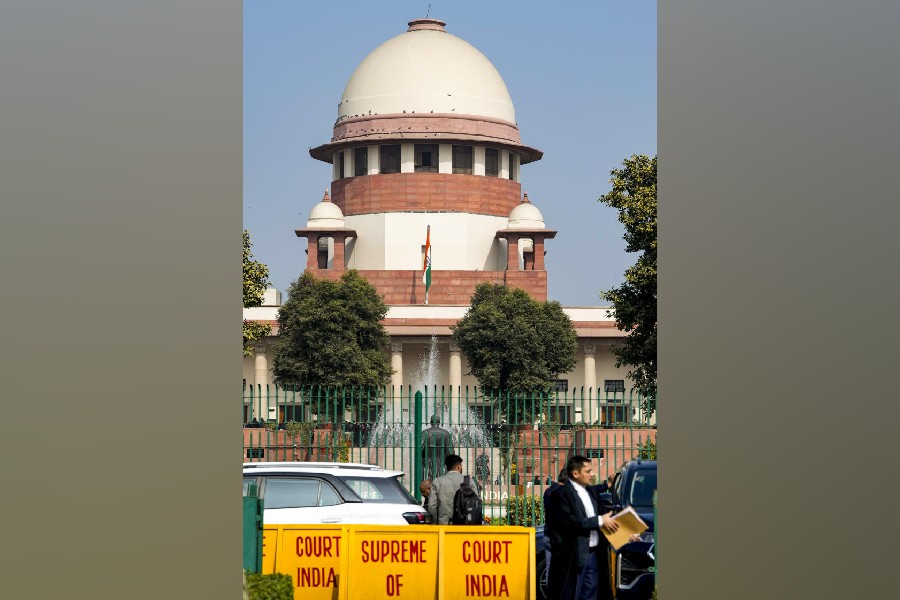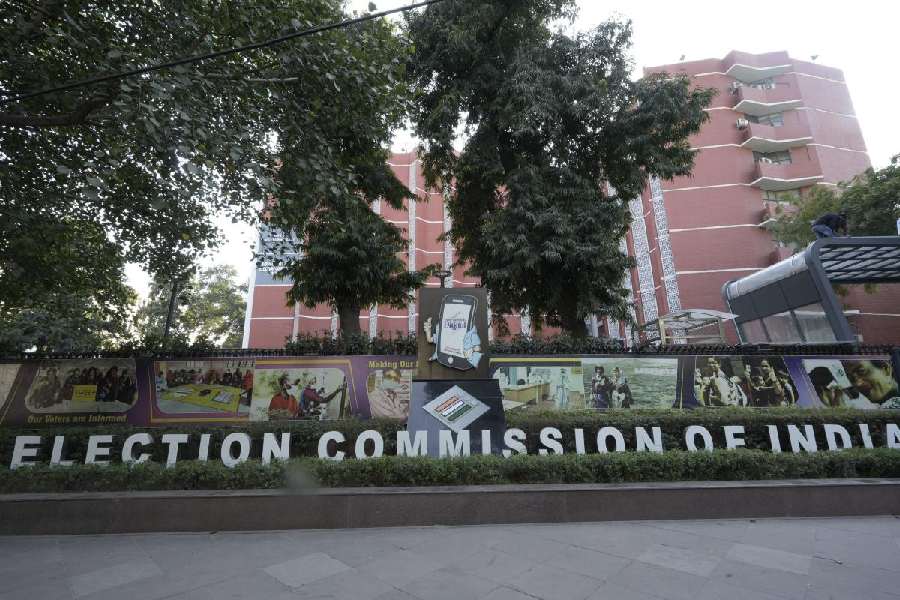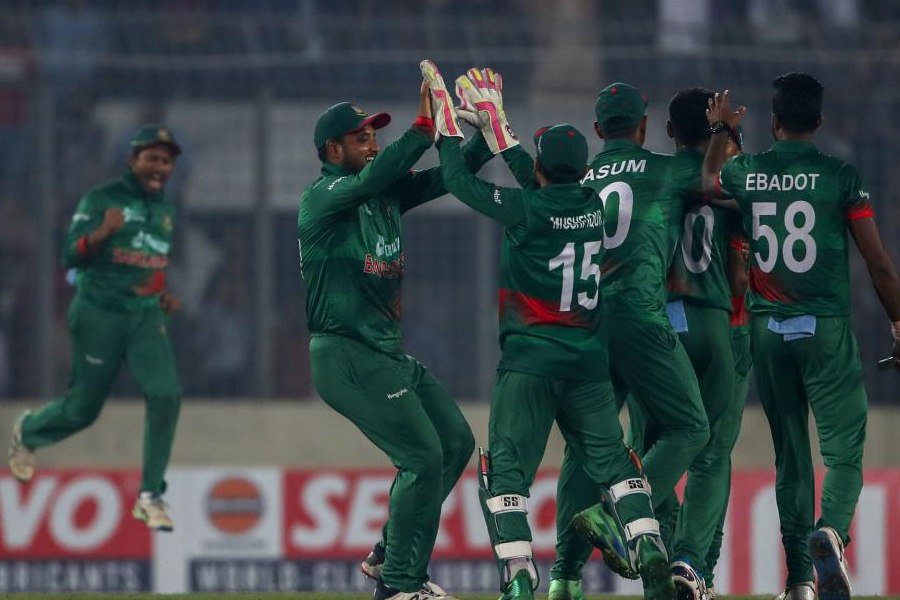The Congress was not trying to acquire the assets of Associated Journals Limited (AJL) for personal gain but attempting to revive the National Herald newspaper, senior advocate R.S. Cheema, appearing for Rahul Gandhi, told a Delhi court on Saturday.
Cheema, arguing against the Enforcement Directorate’s (ED) allegations before special judge Vishal Gogne, said there was nothing to show that the AJL shareholders had any interest in the company’s assets.
Reiterating Sonia Gandhi’s statement, he argued that none of the accused had taken possession of any AJL property.
Cheema began his rebuttal after additional solicitor-general S.V. Raju, appearing for the ED, concluded his arguments on the point of cognisance of the chargesheet filed in the money-laundering case.
Senior advocate Abhishek Manu Singhvi had on Friday defended Sonia in this case.
The federal agency has accused Sonia and Rahul Gandhi, late Congress leaders Motilal Vora and Oscar Fernandes, as well as Suman Dubey, Sam Pitroda, and a private company, Young Indian, of conspiracy and money laundering over the “fraudulent takeover” of properties valued at over ₹2,000 crore belonging to AJL, which published the National Herald.
The ED has alleged that the Gandhis held the majority 76 per cent shares in Young Indian, which fraudulently usurped assets of AJL in exchange for a ₹90-crore loan.
“Can my friend (ED counsel) tell me why they were shy about placing the Memorandum of Association (MoA) of AJL? AJL was established in 1937 by Jawaharlal Nehru, J.B. Kripalani, Rafi Ahmed Kidwai, and others,” Cheema submitted.
“The AJL MoA said that the policy of AJL will be the policy of the INC. All through, AJL did not have profits. In the post-Independence period, it was never a commercial institution. We (All India Congress Committee) were trying to retrieve an institution which is part of the freedom movement heritage. The problem was not recovering the loan (given to AJL); the problem was to revive it, to see that it comes back on the rails. The AICC was not looking for profit from sales. This is a squinted version,” he added.
Cheema argued that Young India, where Rahul and Sonia were majority shareholders, was a not-for-profit company and hence there was no question of any personal gain for anyone. Shareholders of a Section 25 company, which is a not-for-profit entity under the Companies Act, are prohibited from receiving any dividend payments, Cheema told the court. He maintained that AJL was an independent entity and still owned its assets.
The arguments would continue against the other accused on Monday.










